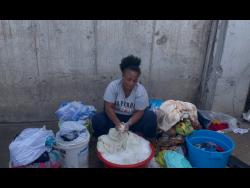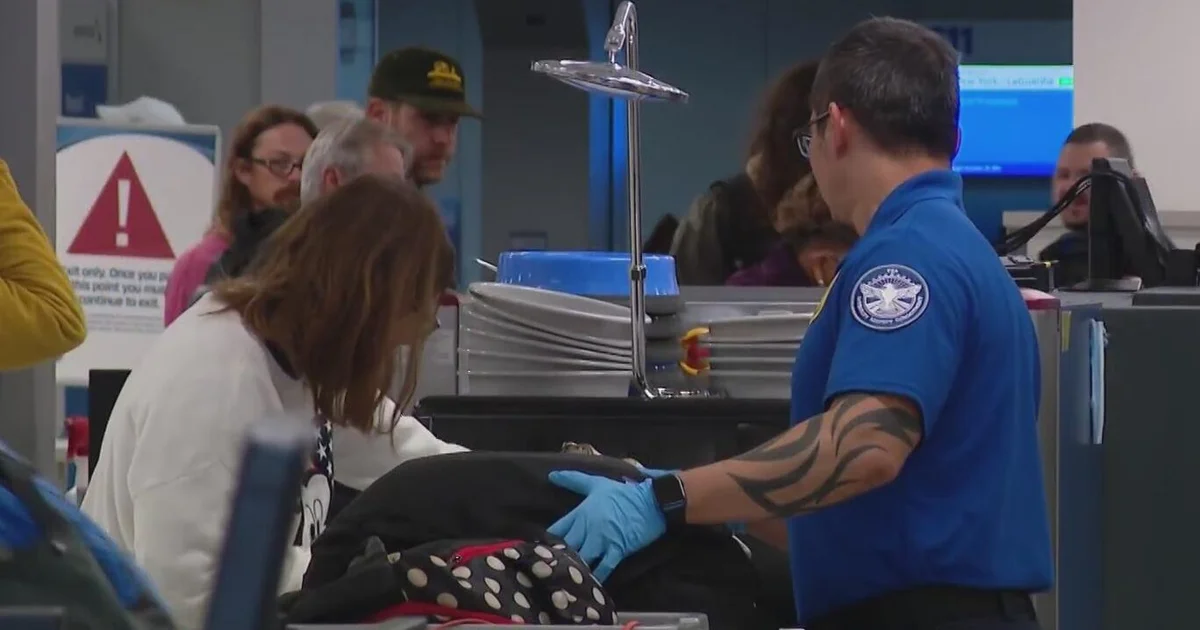Copyright jamaica-gleaner

Western Bureau: Despite the massive dislocation and spin-off hardship left behind by Hurricane Melissa, residents in western Jamaica are determined to make the best of a bad situation, demonstrating tremendous resilience and courage, not only seeking to survive but also beginning the process to, as best as possible, normalise their lives. With more roads and communities across the western region now accessible, The Gleaner took a road trip from St James, through Hanover and Westmoreland, and amid the unimaginable destruction to homes, schools, churches, roads, business places, and farms, the indomitable spirit of the people was also on full display. In St James, waterways like the Barnett River, in Montego Bay, which is now in a state of calm after dumping tons of mud on communities like West Green and Catherine Hall, was transformed into a massive laundry and bathing area as residents – men, women, and children – were out in large number, seemingly quite content washing their clothes, bathing, and collecting water in containers for future use. However, the most eye-catching experience was along the highway inthe proximity of the Sangster International Airport and the west Jamaica campus of The University of the West Indies, where Cherry was busily doing her laundry, in the full view of bemused, passing motorists, utilising water coming down from an unknown source beneath a bridge. “I heard the water was running and was clean in appearance, so with dirty clothes piling up at home, I decided to come out here and do my washing. Now is not the time to play cute. It is survival time,” she said as she shared space with people washing their vehicles and taking baths. CREATIVITY IN DESPERATE TIMES The Gleaner was told that on Tuesday, there was a major spectacle at the location as a man transported a washing machine there, attaching it to a generator, and proceeded to wash loads of clothes, unconcerned, as passing motorists honked their horns and praised his creativity. “It was something to behold,” a woman who witnessed the scene told The Gleaner. “It was such an unusual sight to see a working washing machine on the side of the road humming away ... what I saw was creativity and resilience at its best.” Over in Hanover, where the western side of the island took a direct hit from the hurricane, as reflected by the vast acreage of flattened farms and destruction of homes, residents in communities like Dias and Kingvale were out in large numbers covering roofs with blue tarpaulin, repairing others with retrieved zinc, and chopping away the limbs of fallen trees that were protruding into the roadway. While the men and boys were busily doing the cleaning up and repair work, others and women were in the background cooking meals on makeshift fireplaces in some yards. “We don’t have a lot in terms of food stuff, so we are pooling what we have so that nobody will go hungry, at least for today. Hopefully, the people who are distributing food will come our way soon,” a young man told The Gleaner. “Right now, it is all about self-help because as you can see, Melissa beat we bad, bad, bad.” In some communities near to the Hanover-Westmoreland border, the area looked desolate and the destruction was so much that it appeared that the residents had vacated since the roofless homes and fallen trees seemingly remained just as Melissa had left them. SPIRIT OF COMMUNITY As The Gleaner team got into the Grange Hill to Savanna-la-Mar area, it began raining but the residents seemed uninterested in seeking shelter as they kept on working, fixing roofs and clearing what appeared to be clogged drains. “Bwoy, we get it wicked ‘round here ... it rough. We have not gotten any outside help, so we just have to do what we have to do ... not one house around here escaped the judgement ... shops destroyed, farms destroy ... it wicked, but we just have to fight it through,” a man shouted out from a rooftop. In Savanna-la-Mar, the spirit of community was on full display as amid the pouring rain, the younger residents, who were among the scores of residents who had turned out at a Roman Catholic facility to collect ‘care packages’, proved unselfish as they collected packages for the elderly, who were not able to manage the rain and the hassle and had moved to nearby buildings to shelter. “Some of the people are too old and feeble to join the line because of the pushing and the road, so we have to help them because we can’t allow them to leave without getting something,” said a soaking-wet Dawn Rose. “I was not brought up to be selfish, so me and my friends have decided to do the right things by these elderly folks.” As The Gleaner journeyed back to Montego Bay, it was much the same story, hurricane-ravaged communities and resilient residents uniting in their quest to bring back as much normalcy to their communities as possible. adrian.frater@gleanerjm.com



